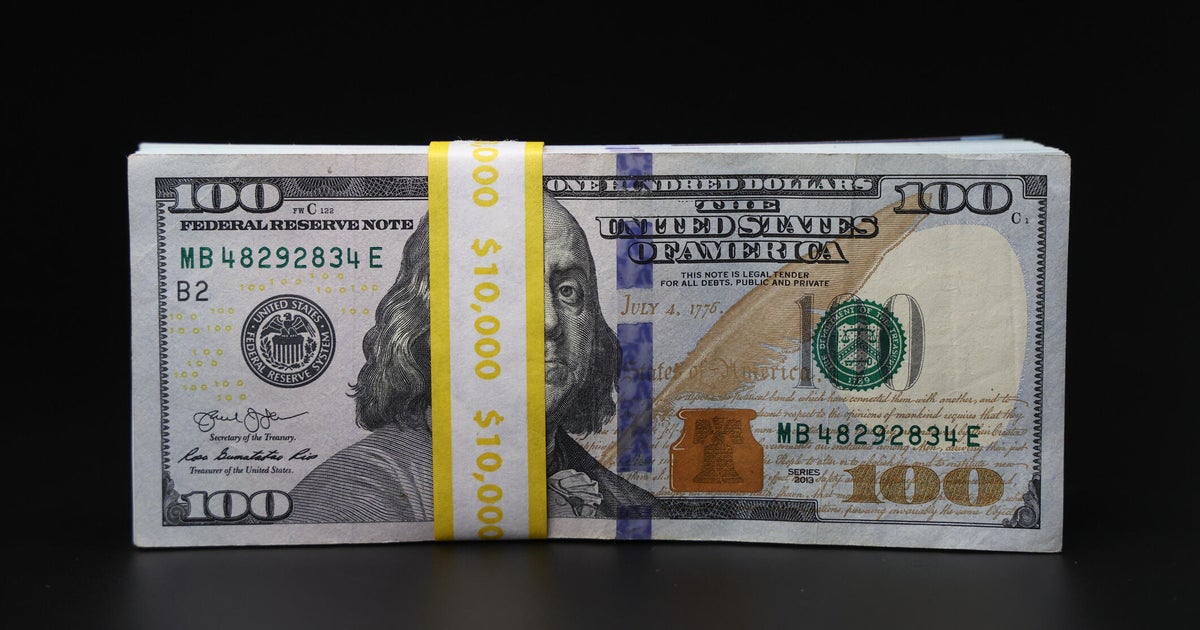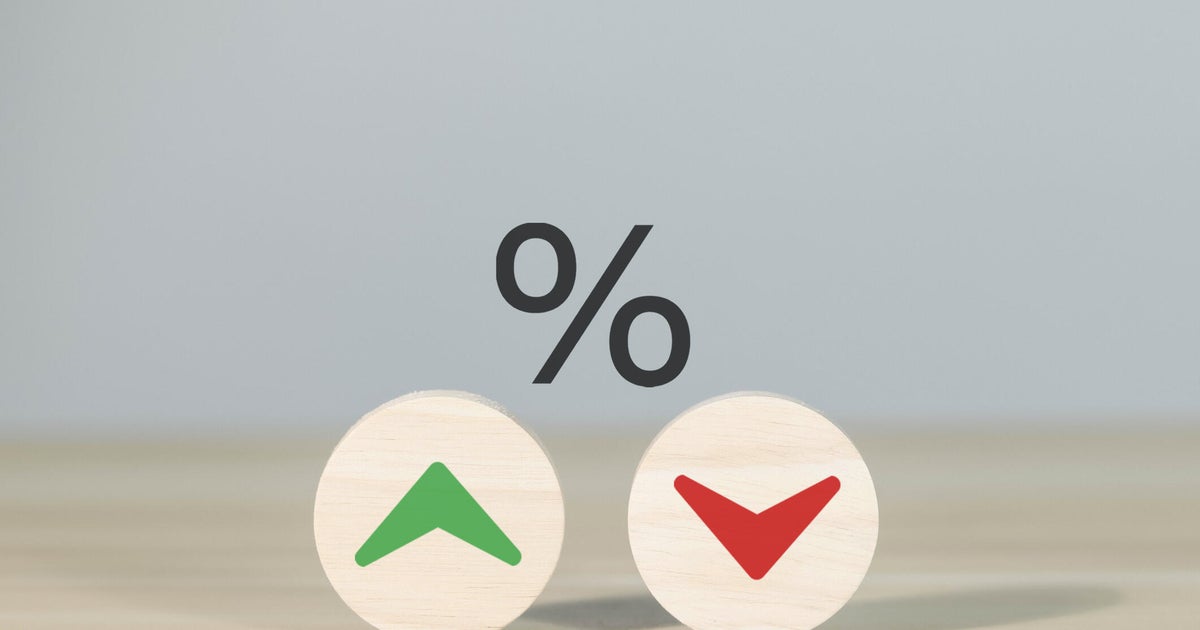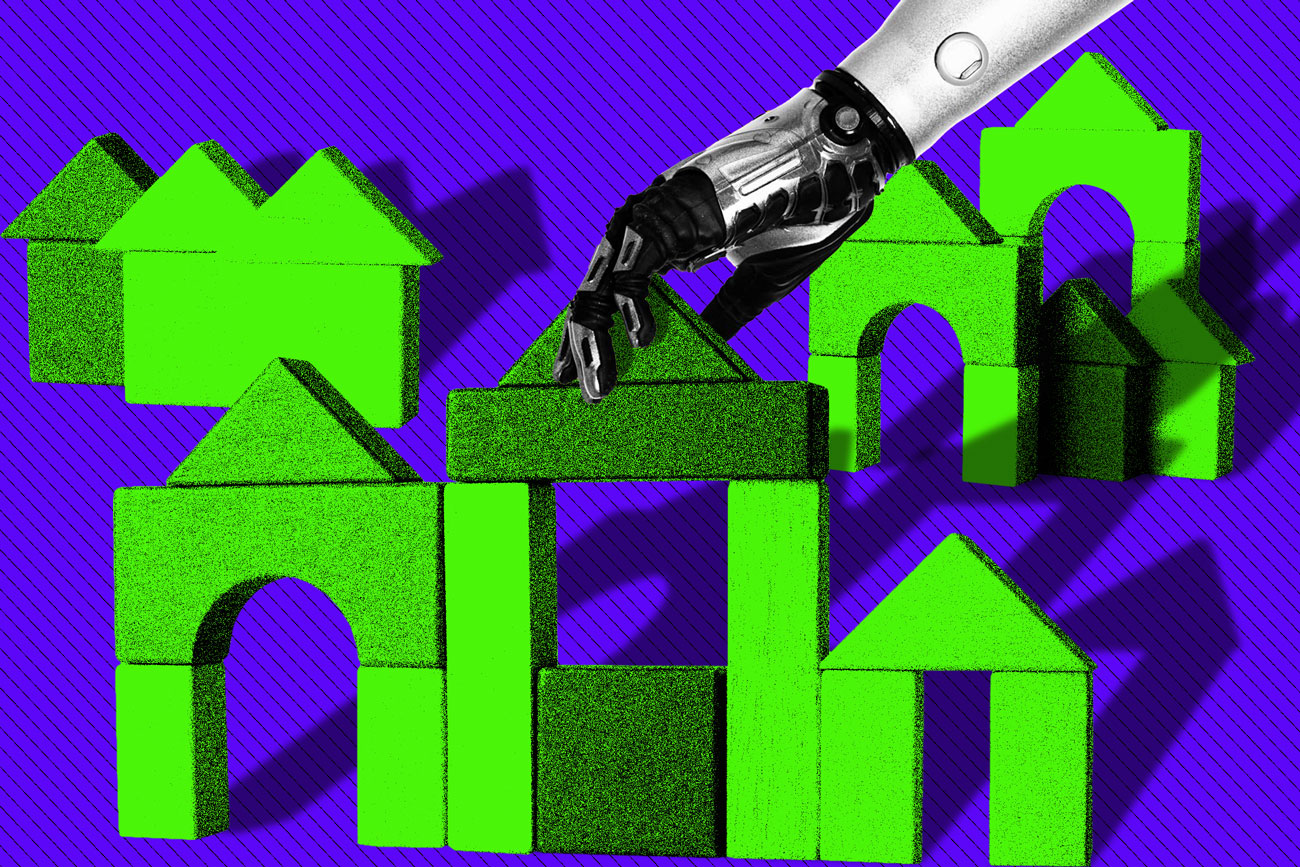When to choose a high-yield savings account over a CD
Boosting your savings balance is one of the best things you can do to improve your finances at any time. But today — with interest rates rising and uncertainty about a looming recession — a healthy savings balance can offer security and allow you to take advantage of great rates.
Two of the most popular account types today are high-yield savings accounts and certificates of deposit (CDs). That's because these accounts offer interest rates well beyond the national average and can help you earn up to 4% or even more on the money you save. But they also differ. While CDs let you lock in today's great rates for the long term, high-yield savings accounts are more flexible and easy to access.
Compare today's top savings rates to find the best one for you now.
When to choose a high-yield savings account over a CD
Here are three cases in which it may make more sense to open a high-yield savings account over a certificate of deposit:
When you're saving for emergencies
If you're prioritizing saving because you want to build your emergency fund, you'll want to make sure you keep it in an easily accessible, safe place. Unlike a CD, a high-yield savings account allows easy access to your savings any time you need it — without penalty.
For example, say you're unexpectedly laid off and need to dip into savings to cover your monthly bills, or your refrigerator unexpectedly stops working and you need to access some of your savings to replace it on short notice. It won't benefit you if all your money is tied up in a CD with a five-year term.
With a high-yield savings account, you can access your emergency fund anytime you need to use it and keep earning interest on the leftover balance while you work to replenish it with contributions over time.
Learn more about today's best savings account rates now.
When you want to make contributions
One of the biggest downsides of CDs is their lack of flexibility when it comes to contributing to your balance. Generally, CDs require an upfront deposit, which is the amount you'll earn interest on throughout the CD term.
It's nice to know exactly how much interest you'll earn, but there are reasons this method may not work for you. For one, you might not already have a large amount saved. If you're just starting out on your savings journey, you may only have a couple hundred dollars (or less) in your account — which isn't ideal for CDs.
If your savings plan involves making regular contributions to your savings account — once a month, for example, or each time you get paid — a much better option is a high-yield savings account. You can set up automated transfers from your checking account to your savings so you don't even have time to miss the incoming cash before it's gone.
When you're saving for something you'll buy soon
Just like you want easy access to your money in case of emergencies, it also makes sense to maintain easy access if you're saving for something in the near future.
Many of the best CD rates are offered on CDs with terms that range from six months to five years. While there are some CDs with terms as low as one to three months, these aren't going to offer the best APYs — they're often much lower than rates you'll find from high-yield savings accounts.
Say, for example, you're saving for a vacation you want to take this year, a downpayment on a house you plan to buy in the summer or wedding expenses you'll need to cover in the fall. You could benefit from a high-yield savings account given those shorter timelines, because you'll be able to retrieve your money when you need it. Plus, you'll still earn a high interest rate in the meantime.
Compare today's best savings account rates now.
The bottom line
In today's high rate environment, both high-yield savings accounts and CDs offer the chance to earn upwards of 4% on the money you save — and potentially more over the long term, as the Fed keeps raising rates.
However, while each account type can have a place in your financial plan, they may serve very different roles. If you're considering a CD, make sure you won't need the money over the entire account term, to avoid penalty fees for early withdrawal. High-yield savings accounts, on the other hand, may be ideal if you want a high-earning account you can contribute to over time and access whenever you need, especially if an emergency hits.
Explore accounts best fit for your savings needs with today's top savings rates.




